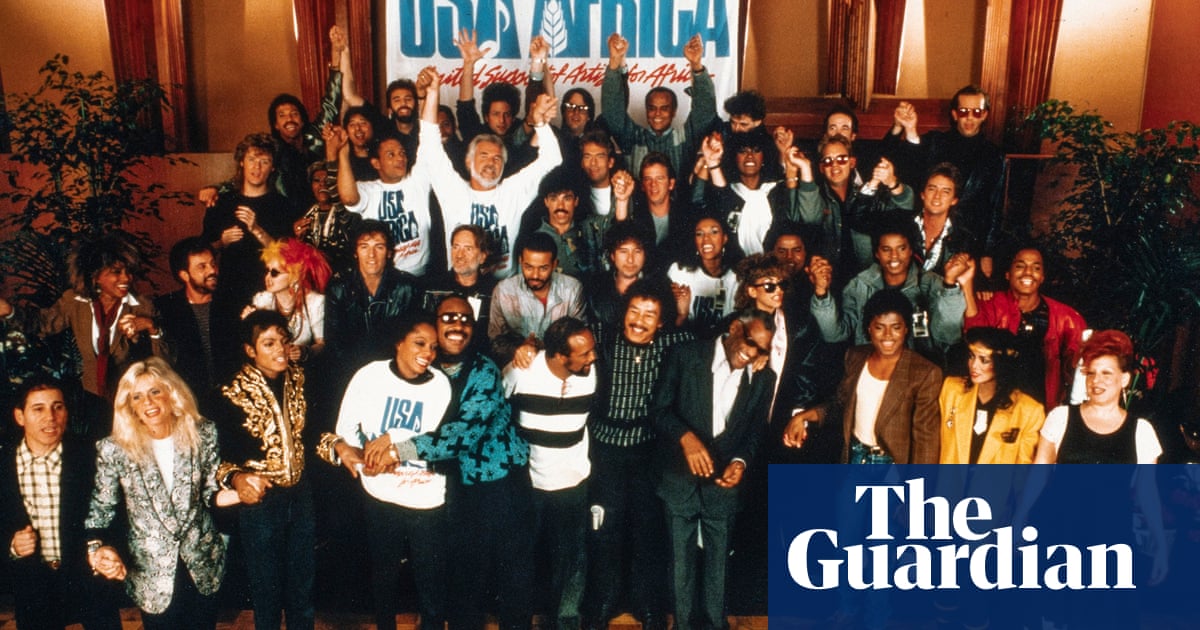
don’t know if you remember early March 2020 but there was a very tangible moment when, in the UK at least – we had not locked down in any significant way, not stopped flights from entering or departing the country, not closed bars or schools or even restaurants at all, and, in fact, still looked at each other strangely for wearing masks or using hand sanitiser in public – and we held Italy up as the poster child of Covid mismanagement and infection rate disaster. “Those Italians!” we all said, while shaking hands and spitting in each other’s mouths outside garden centres. “They have no idea how to control a deadly virus!” Then we would watch videos of Florentines embarking on singalongs across their balconies, and think distantly that we would never stoop so low.
That was my major fear, nine months ago: that we would all engage in public singing. And I suppose we did, in a way – the NHS clap went from touchingly useless tribute to Competitive Respecting Event faster than you could say “poppy”, a public performance entirely tinged by the complicated structure of the British national psyche; Italians had balcony opera, and we had clanging a pan for deliberately underpaid nurses and doctors. But while we’ve managed to shake off a lot of the symptoms of the first lockdown – clapping, banana bread, crayoning rainbows on sheets of A4 and putting them in our window – we’ve managed to keep one trait humming in the background, and that is the British propensity for snitching.
Yes, snitching is back with a vengeance. First, the return of the classic long-lens-squashed-perspective-photo-of-a-beach-designed-to-make-it-look-busier-than-it-truly-is story to whip up some anti-neighbour outrage; then I personally had to unfollow someone on Instagram because they posted a photo of a crowd that they were themselves on the edge of with a caption saying “Erm i don’t see many masks in there?”; and then we have been inundated with inane coffee discourse, with a spokesperson for the prime minister refusing to confirm whether getting a coffee on a walk with another person, or sitting on a park bench near but not next to them, was a jailable offence or not. Personally, I’m not sure if the presence of hot drinks increases the infectiousness of Covid-19, but what do I know? The snitchers are right: we need to know the exact parameters of the law so we can use it to punish people other than ourselves for breaking it, simply as something to do.
I think the return of Covid-snitching was always inevitable, and for two reasons. The first is that becoming an infuriated snitch is the endgame of the British dream: you finish school, you buy a car, you get married, you get a mortgage, and then you spend the remaining 40 or so years stood near the curtains with the TV turned up loud, phoning the police immediately if a boy in a cap bounces a football too close to your ’19-plate Renault, then you vote firmly and fairly for the party of law and order at the polls to make sure he never walks free again. This is as British as fry-ups and tepid little cups of tea.
And the second reason, I think, is this: the Tories recognise our natural propensity to snitch and so has felt very comfortable with the ambiguities and holes in the rules because it means we spend our time getting mad at each other instead of the people – them – who are charged with fixing the crisis. Letting us aggressively judge each other for not doing lockdown right is actually the lockdown strategy.
Perhaps this is just a natural symptom of another unbearable season of being locked inside: social-distancing laws haven’t significantly changed since the first round of “keep a 2-metre distance and never go to anyone else’s house ever again”, and neither, really, has our adherence to them: but in yet another lockdown, the stress of seeing other people enjoy a crumb more life than us becomes unbearable, and we lash out by weaponising morality. I don’t particularly understand why people in England are so willing to go to bat for the man who, three weeks ago, abruptly cancelled Christmas despite having weeks of opportunity to not do that, but here we are anyway, in the grey dregs of January watching joggers from a distance to make sure they don’t slow to a walk to check their phone, hoping that it gets us released early for good behaviour.
The problem is, there’s a chasm between how we perceive lockdown rule-breaking (infamous rare footage of raves or student parties) versus the reality of lockdown: mostly people sat at home, bored to insanity, watching television, except for those who are forced into work by their unscrupulous bosses, a category of person that’s been remarkably absent from all the blame-games. On top of that there’s a widespread misinterpretation of social-distancing guidelines that says: “If you inflict unnecessary misery, primarily on yourself but occasionally on others, as punishment, then eventually Boris Johnson will give you a big shiny medal with Captain Tom’s face on it.”
We’re not in another lockdown because people occasionally walk near each other while drinking coffee – we’re in another lockdown because of a massive public health failure that has gone on for months led by a governing party that has outsourced, underfunded and privatised the country into oblivion. Put the long lens away and let people go for a walk in peace. Being a snitch won’t get either of us out of the house any quicker.












